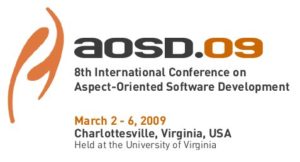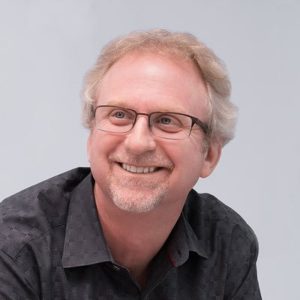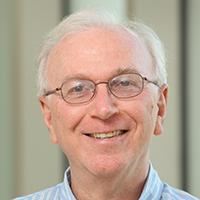
 The summary of the keynotes delivered in the ballroom of the University of Virginia, Charlottesville, Virginia, USA, and venue for the 8th AOSD conference 2009.
The summary of the keynotes delivered in the ballroom of the University of Virginia, Charlottesville, Virginia, USA, and venue for the 8th AOSD conference 2009.
Wednesday, 4th March 9 am – 10:30 am
Paul Daugherty, Chief Technology Architecture at Accenture
The Future of Software Architecture for Large-Scale Business Solutions: Modularity, Scalability, and Separation of Concerns

The speech states that embracing advanced software engineering approaches has great promise in solving business challenges arising from the complexity created by today’s development of large-scale software projects. For instance, modularization holds this promise to reduce software design complexities. The key to modularization is adequate separation of concerns.
Thursday 5th March 9 am- 10:30 am
Prof. John A. Stankovic, Computer Science Department, University of Virginia, USA
Cyber-Physical Systems: Aspects As Basis For Robustness And Openness

The speech addresses the expansion in communication and computing capabilities. Cyber-physical systems are the systems that bridge the cyber-world of communication and computing with the physical environment. Cyber-Physical systems seek to transform how people relate and control their physical world. This includes aerospace systems, medical systems, defense systems, robotic systems, factory automation, and process control, among others.
Friday 6th March 9:00 – 10:30 am
Prof. Gail Murphy, Computer science department, University of British Columbia
Everyday Aspects

The speech relates the importance of modularization to everyday tasks. Programmers carry out evolutionary tasks by making changes to many modules including the target system. For all of this, aspect-orientation programming helps to make things easier and better through modularization which can be more difficult with other languages. The speech goes on to ask how everyday tasks performed by information workers compare to the programmer’s use of modularity. Do they have any gains in the use of modularity?

